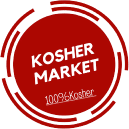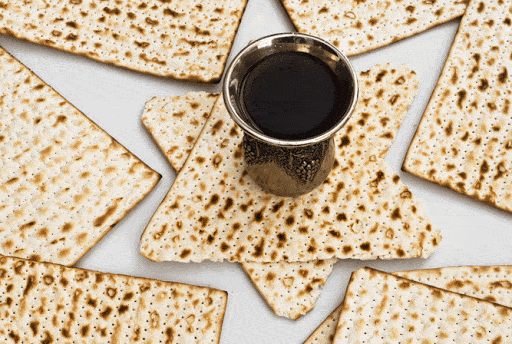During the Passover Festival, Jews avoid eating bread, pasta, beer, liquors, and other foods that contain swelled or fermented grains. Similarly, before using it as a Passover Kosher, you should wash the dishes to be free of non-Passover food traces.
Check Out our Passover Kosher Food Category
Jewish Passover Supper
Kosher Passover is possible both at home and when going out. As a result, some restaurants have special Passover menus (ensure they have a certification by a trustworthy agency), while others are not open during Passover. Today, the surge in Kosher Pesach retreats and hotel plans allows people to enjoy the immaculate atmosphere of Passover.
Of course, moving out of the house does not oblige people to remove their property, but it will make the process more enjoyable.
However, many Jews choose to eat simple home cooking and can be absolutely confident that everything they eat is 100% Kosher for the Passover festival.
Passover food is kosher
There are two main aspects to Passover Kosher and regular Kosher.
Even the slightest trace of chametz is a problem. This is different from the usual non-Jewish material that the 1/60 rule can neutralize.
Generally, if you are not eating any food other than Kosher, you can own it (there are exceptions to this rule). But at Passover, one may not even be able to gain weight.
Besides, the observed Jews closely observe Kosher food, but few have Kosher food for the Passover festival. Instead, they wash, clean, boil, and burn until all the clutter in the kitchen is clean and ready to make Kosher for Passover.
Similarly, you can rinse, wash and heat individual pans just like any other dish. However, many people choose to keep kosher foods for use during Passover.
Ensure that the entire house does not contain Chametz, as you cannot use Chametz at the Passover Festival.
What kind of food does Passover Kosher have?
We’ve put together this brief guide to better understand Kosher during Passover and make the Passover food as smooth as possible.
The Jewish Passover is a celebration of seven and eight days in Israel and the Diaspora. During the Passover festival, the kosher method becomes more complicated.
To commemorate the escape from slavery in Egypt, they do not allow pickles and fermented grain products. When the Jews (led by Moses) fled Egypt, they did not have time to take their bread and set sail into the wilderness.
Therefore, unseeded bread is not kosher during Passover. These yeast foods, called Chametz, contain certain cereals such as bread, pasta, baked goods, bread crumbs, and crackers. Unleavened bread (also known as matzo) usually replaces Chametz during Passover.
Conclusion
Many Jewish communities avoid beans, rice, and similar foods during Passover, with some similarities to grains. These foods that they call kitniyot may be held on Passover, but they are not to be eaten except by Sephardic Jews who traditionally did not accept these stringent requirements.
Check Out our Passover Kosher Food Category

